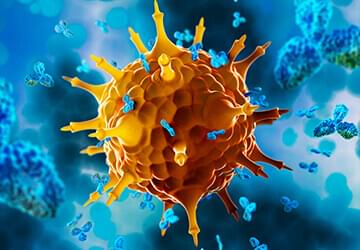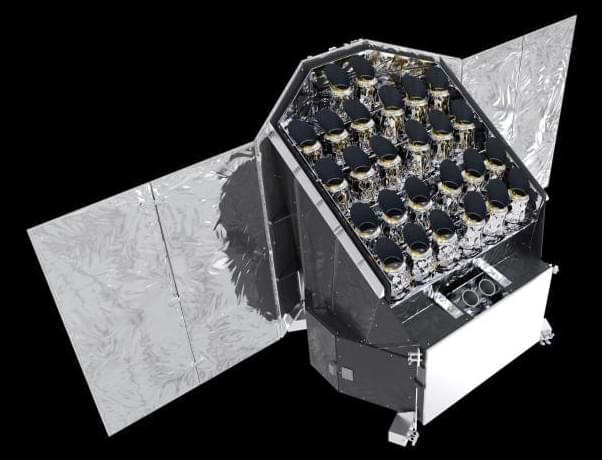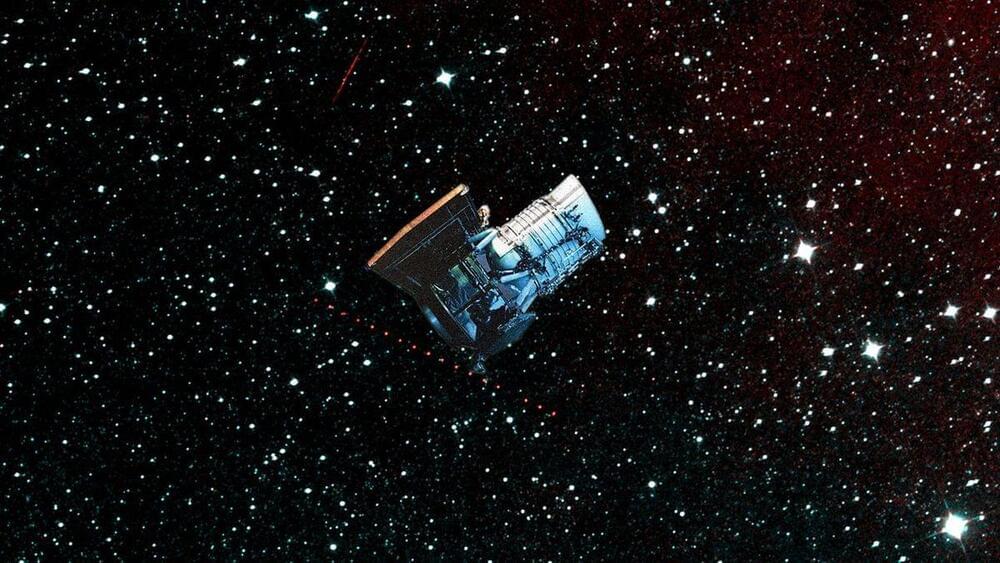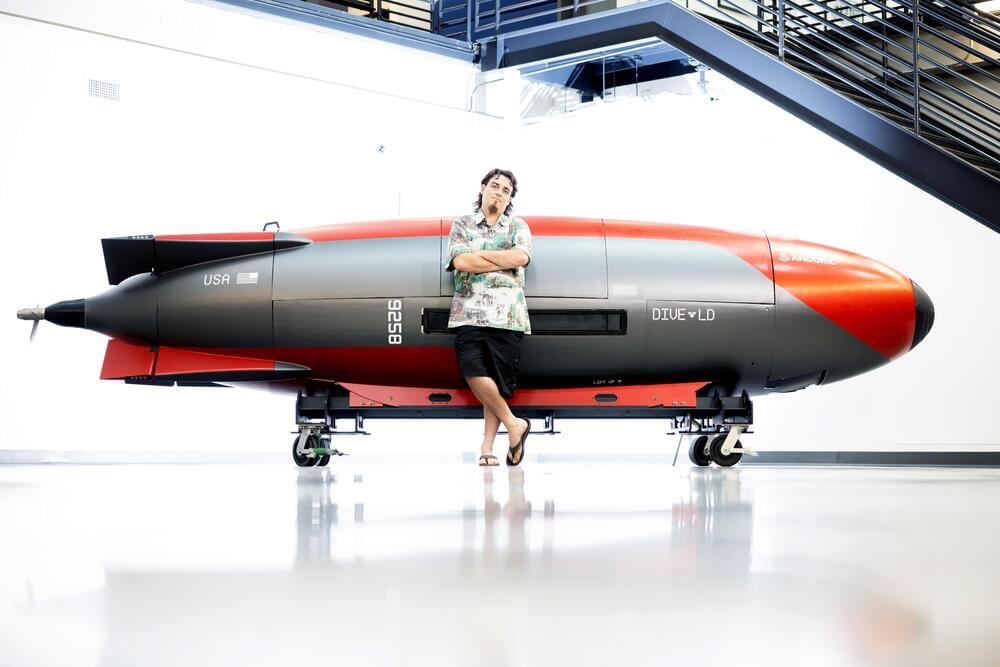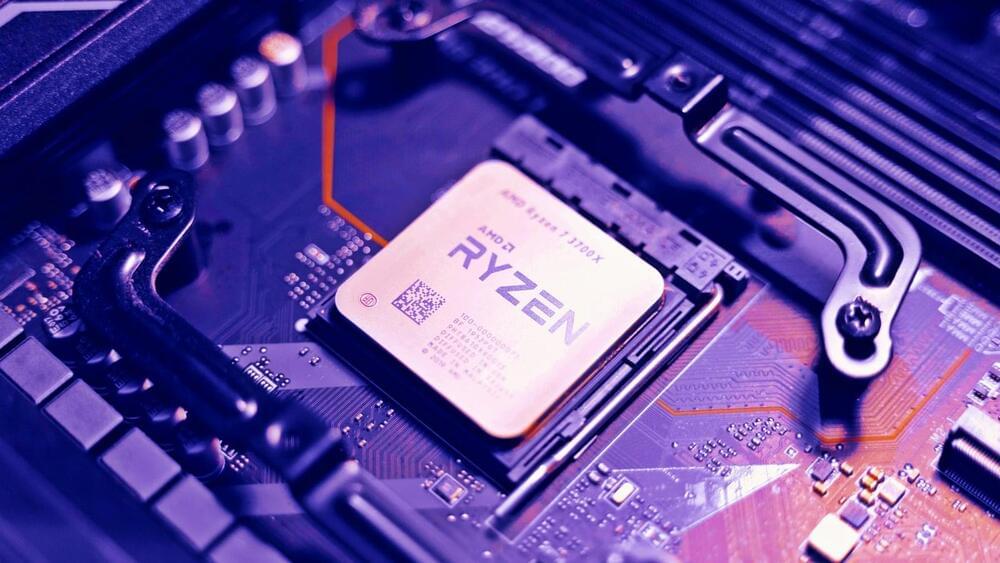Creative Diagnostics provides expertise in antiviral (or antibacterial) assays, cell-based antiviral (or antibacterial) compound screening, and best in vivo model solutions to drive your projects to completion. We are a reliable partner for biotechnology and pharmaceutical companies.
Page 788
Aug 11, 2024
Exoplanet-Hunting Telescope to begin Search for Another Earth in 2026
Posted by Natalie Chan in category: space
PLATO, or PLAnetary Transits and Oscillations of stars, is being built to find nearby potentially habitable worlds around Sun-like stars that we can examine in detail.
The space telescope will blast into orbit on Europe’s new rocket, Ariane-6, which made its maiden flight last week after being developed at a cost of €4billion (£3.4billion).
Dr David Brown, of the University of Warwick, is giving an update on the mission at the Royal Astronomical Society’s National Astronomy Meeting at the University of Hull this week.
Aug 11, 2024
Is NAD Correlated With Telomere Length, Biological Age, Or Other Biomarkers?
Posted by Mike Lustgarten in categories: biotech/medical, life extension
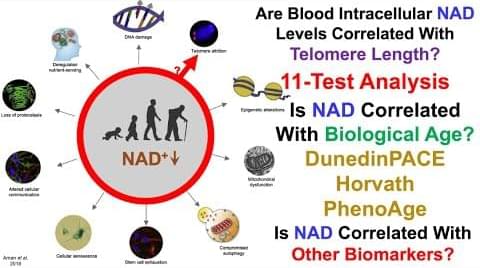
Join us on Patreon! https://www.patreon.com/MichaelLustgartenPhDDiscount Links/Affiliates: Blood testing (where I get my labs): https://www.ultalabtests.com/.…
Aug 11, 2024
NASA shuts down NEOWISE asteroid hunter after almost 15 years in space
Posted by Genevieve Klien in categories: asteroid/comet impacts, existential risks
“The NEOWISE mission has been an extraordinary success story as it helped us better understand our place in the universe by tracking asteroids and comets that could be hazardous for us on Earth,” Nicola Fox, associate administrator for the Science Mission Directorate at NASA Headquarters, said in a statement on Thursday.
“While we are sad to see this brave mission come to an end, we are excited for the future scientific discoveries it has opened by setting the foundation for the next generation planetary defense telescope,” she added.
NEOWISE launched in December 2009 with a different name and a different mission. Originally called WISE (Wide-field Infrared Survey Explorer), the probe scanned the entire infrared sky over the course of a seven-month prime mission. It did so “with far greater sensitivity than previous surveys,” NASA officials wrote in the same statement.
Aug 11, 2024
SpaceX to launch 23 Starlink satellites from Florida on Aug. 11
Posted by Genevieve Klien in categories: internet, satellites
Aug 11, 2024
Weapons startup Anduril hits $14-billion valuation, plans huge new facility
Posted by Genevieve Klien in categories: finance, government, robotics/AI, transportation
Defense technology startup Anduril Industries Inc. has raised $1.5 billion in a new funding round and plans to spend hundreds of millions on a new facility to manufacture its rockets, underwater vehicles and other autonomous weapons systems at greater scale and speed.
The deal, which values Anduril at $14 billion, is one of the largest venture capital financings of the year so far, and reflects the company’s success getting government contracts, as well as rising investor enthusiasm for defense technology companies.
Peter Thiel’s Founders Fund and Sands Capital co-led the Series F funding round, which has been in the works for more than a month. The deal nearly doubles the startup’s valuation from its previous funding round in 2022, which raised $1.48 billion.
Aug 11, 2024
Teens invent incredible device while searching for way to tackle one of the world’s most challenging sources of pollution: ‘Current solutions aren’t really effective’
Posted by Genevieve Klien in category: materials

Two teenagers won $50,000 for creating an ultrasonic microplastics filter, offering hope in the fight against plastic pollution.
Aug 11, 2024
210-million-year-old fish — that breathed air — discovered as new species in Zimbabwe
Posted by Genevieve Klien in category: futurism
The species has remained relatively unchanged for hundreds of millions of years, earning the nickname “living fossil,” researchers said.
Aug 11, 2024
New AMD SinkClose flaw helps install nearly undetectable malware
Posted by Saúl Morales Rodriguéz in category: cybercrime/malcode
AMD is warning about a high-severity CPU vulnerability named SinkClose that impacts multiple generations of its EPYC, Ryzen, and Threadripper processors. The vulnerability allows attackers with Kernel-level (Ring 0) privileges to gain Ring-2 privileges and install malware that becomes nearly undetectable.
Ring-2 is one of the highest privilege levels on a computer, running above Ring-1 (used for hypervisors and CPU virtualization) and Ring 0, which is the privilege level used by an operating system’s Kernel.
The Ring-2 privilege level is associated with modern CPUs’ System Management Mode (SMM) feature. SMM handles power management, hardware control, security, and other low-level operations required for system stability.
